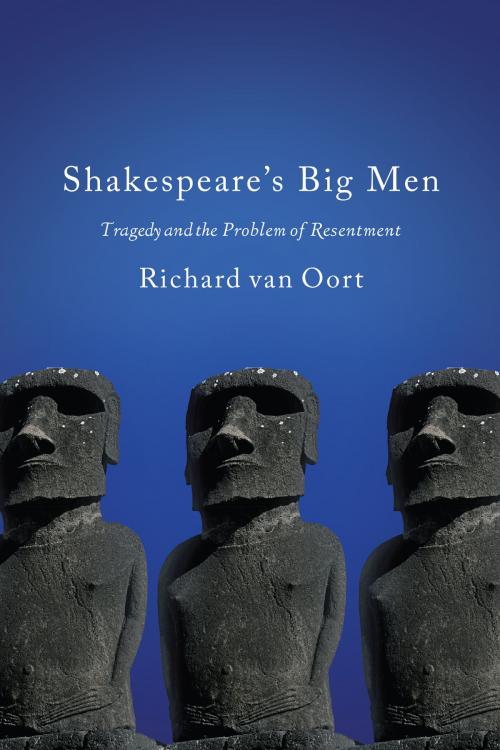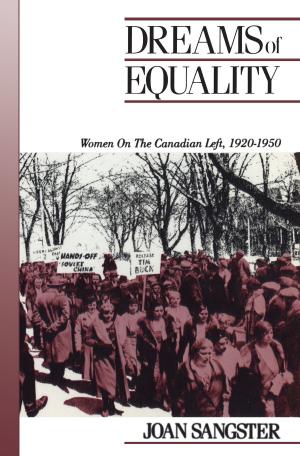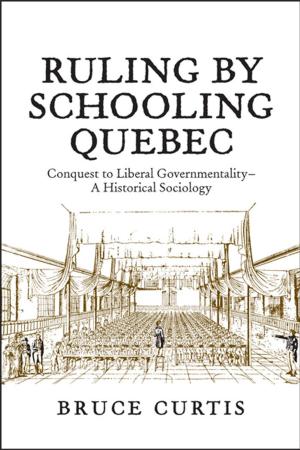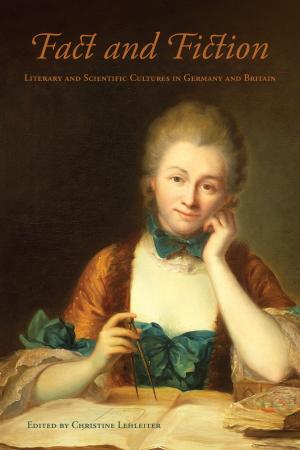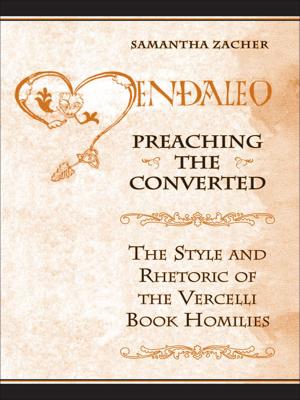Shakespeare's Big Men
Tragedy and the Problem of Resentment
Nonfiction, History, Renaissance, Social & Cultural Studies, Social Science, Anthropology, Fiction & Literature, Literary Theory & Criticism| Author: | Richard van Oort | ISBN: | 9781442622173 |
| Publisher: | University of Toronto Press, Scholarly Publishing Division | Publication: | June 16, 2016 |
| Imprint: | Language: | English |
| Author: | Richard van Oort |
| ISBN: | 9781442622173 |
| Publisher: | University of Toronto Press, Scholarly Publishing Division |
| Publication: | June 16, 2016 |
| Imprint: | |
| Language: | English |
Shakespeare’s Big Men examines five Shakespearean tragedies – Julius Caesar, Hamlet, Othello, Macbeth, and Coriolanus – through the lens of generative anthropology and the insights of its founder, Eric Gans. Generative anthropology’s theory of the origins of human society explains the social function of tragedy: to defer our resentment against the “big men” who dominate society by letting us first identify with the tragic protagonist and his resentment, then allowing us to repudiate the protagonist’s resentful rage and achieve theatrical catharsis.
Drawing on this hypothesis, Richard van Oort offers inspired readings of Shakespeare’s plays and their representations of desire, resentment, guilt, and evil. His analysis revives the universal spirit in Shakespearean criticism, illustrating how the plays can serve as a way to understand the ethical dilemma of resentment and discover within ourselves the nature of the human experience.
Shakespeare’s Big Men examines five Shakespearean tragedies – Julius Caesar, Hamlet, Othello, Macbeth, and Coriolanus – through the lens of generative anthropology and the insights of its founder, Eric Gans. Generative anthropology’s theory of the origins of human society explains the social function of tragedy: to defer our resentment against the “big men” who dominate society by letting us first identify with the tragic protagonist and his resentment, then allowing us to repudiate the protagonist’s resentful rage and achieve theatrical catharsis.
Drawing on this hypothesis, Richard van Oort offers inspired readings of Shakespeare’s plays and their representations of desire, resentment, guilt, and evil. His analysis revives the universal spirit in Shakespearean criticism, illustrating how the plays can serve as a way to understand the ethical dilemma of resentment and discover within ourselves the nature of the human experience.
